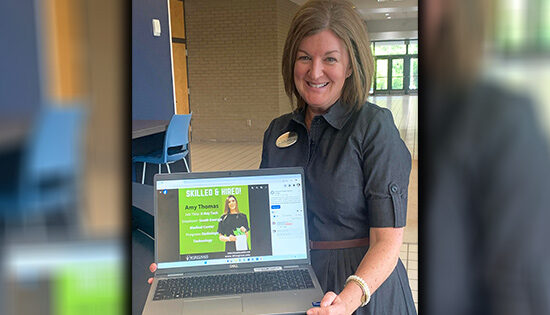Stacy Bush, Valdosta Today Financial Contributor:
Divorce can be an emotionally and financially challenging life event. In the face of the many possible adjustments divorce entails, making changes to insurance coverage may be overlooked.
Here’s a look at each type of coverage:
Auto
If there is a change in auto ownership, you may need to obtain car insurance coverage to coincide with that change. You also may want to think about removing your former spouse from a policy to protect yourself against potential liability and ensure that his or her name does not appear on any claim check. Don’t forget to notify the insurance company of any address change.
Home
A divorce may mean a new place of residence for one or both spouses. Consider purchasing renter’s insurance if you are moving into a new apartment. If you are staying in your present home, you may want to remove your ex-spouse’s name from the policy and consider changes to any property coverage if, for instance, your former spouse is taking jewelry or other items of value from the premises.
Life
Life insurance is often purchased to cover financial obligations that may occur when a spouse passes away. Life insurance policies may be an element of your divorce agreement. If possible, consider buying a policy on a former spouse’s life if he or she is providing alimony or child support.
If you do retain a pre-existing policy, be sure to review and amend the beneficiary so that they reflect your current wishes.
Disability
A disability may have an adverse impact on the ability of a former spouse to pay alimony or child support. As such, you may want to include the maintenance of such a policy in the divorce agreement.
Health
If you or your children are covered under your former spouse’s employer group plan, you may want to contact the employer to continue coverage under COBRA (Consolidated Omnibus Budget Reconciliation Act). If you have an individual policy, you may want to consider adding your children to the policy. You may not want to duplicate coverage for your children.
Stacy Bush has practiced independent financial advising in the Valdosta area for 14 years. Growing up on a farm in Donalsonville, Georgia, he is keen to the financial needs of South Georgia and North Florida families. Stacy and his wife, Carla, live in Valdosta with their four children. You can submit questions about this article to askstacybush@lpl.com












